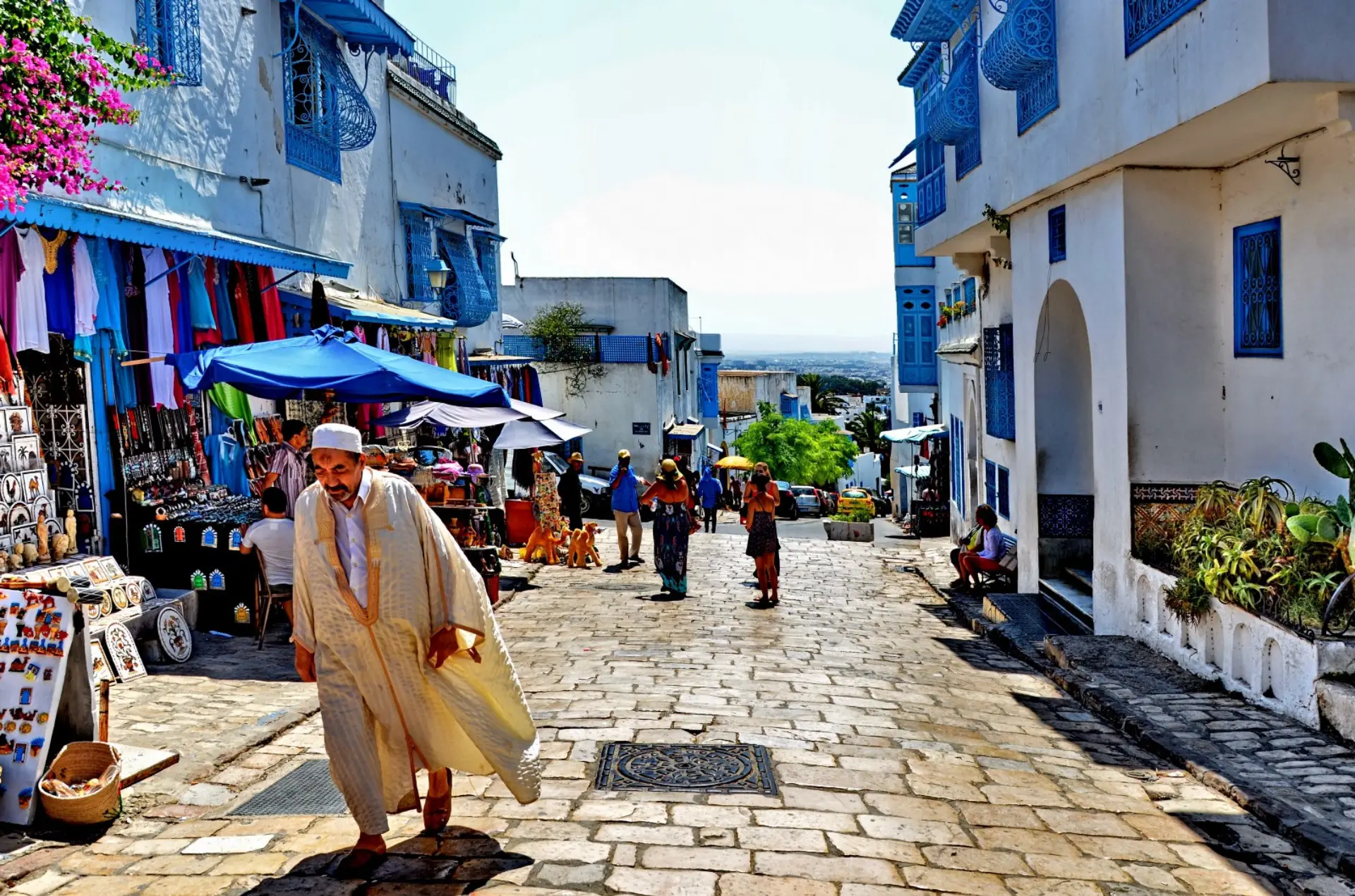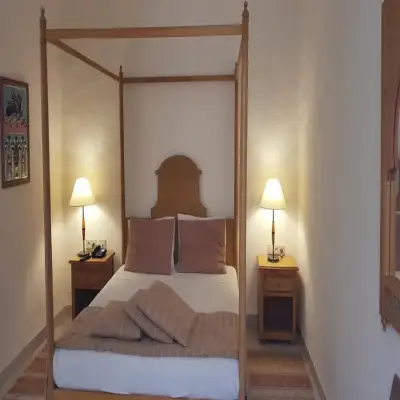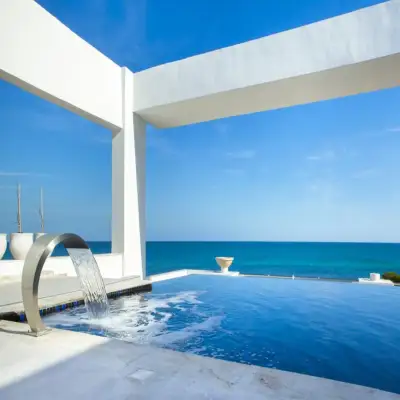
Tunusia Guide
Tunisia is a North African country with a rich history, unique culture, and stunning natural beauty. Here's a brief guide to Tunisia:
Places to Visit: Tunisia has a variety of historical and cultural sites to explore, including the ancient city of Carthage, the Bardo Museum in Tunis, the medina of Sousse, and the holy city of Kairouan. Tunisia is also known for its beautiful beaches, including those in the resort town of Hammamet.
Cuisine: Tunisian cuisine is a blend of North African, Mediterranean, and Middle Eastern influences. Some popular dishes include couscous, brik (a savory pastry filled with egg and tuna or cheese), and tagine (a slow-cooked stew with meat and vegetables). Tunisian cuisine also features a variety of spices and herbs, such as harissa (a spicy chili paste), mint, and cumin.
Climate: Tunisia has a Mediterranean climate, with hot and dry summers and mild winters. The best time to visit Tunisia is in the spring or fall when the weather is milder and there are fewer tourists.
Language: Arabic is the official language of Tunisia, but French is widely spoken and understood, particularly in urban areas.
Transportation: The most common modes of transportation in Tunisia are buses and taxis. There is also a rail system that connects major cities, and many tourist areas are easily walkable.
Currency: The currency in Tunisia is the Tunisian Dinar (TND). Most major credit cards are accepted at hotels and larger restaurants, but it's a good idea to carry some cash for smaller purchases and local markets.
Safety: Tunisia is generally a safe country for tourists, but visitors should be aware of the potential for petty crime and pickpocketing in crowded areas. It's also important to avoid large crowds and protests, particularly in urban areas.
These are just a few things to know about Tunisia. Visitors to Tunisia can expect to experience a unique blend of culture, history, and natural beauty.


